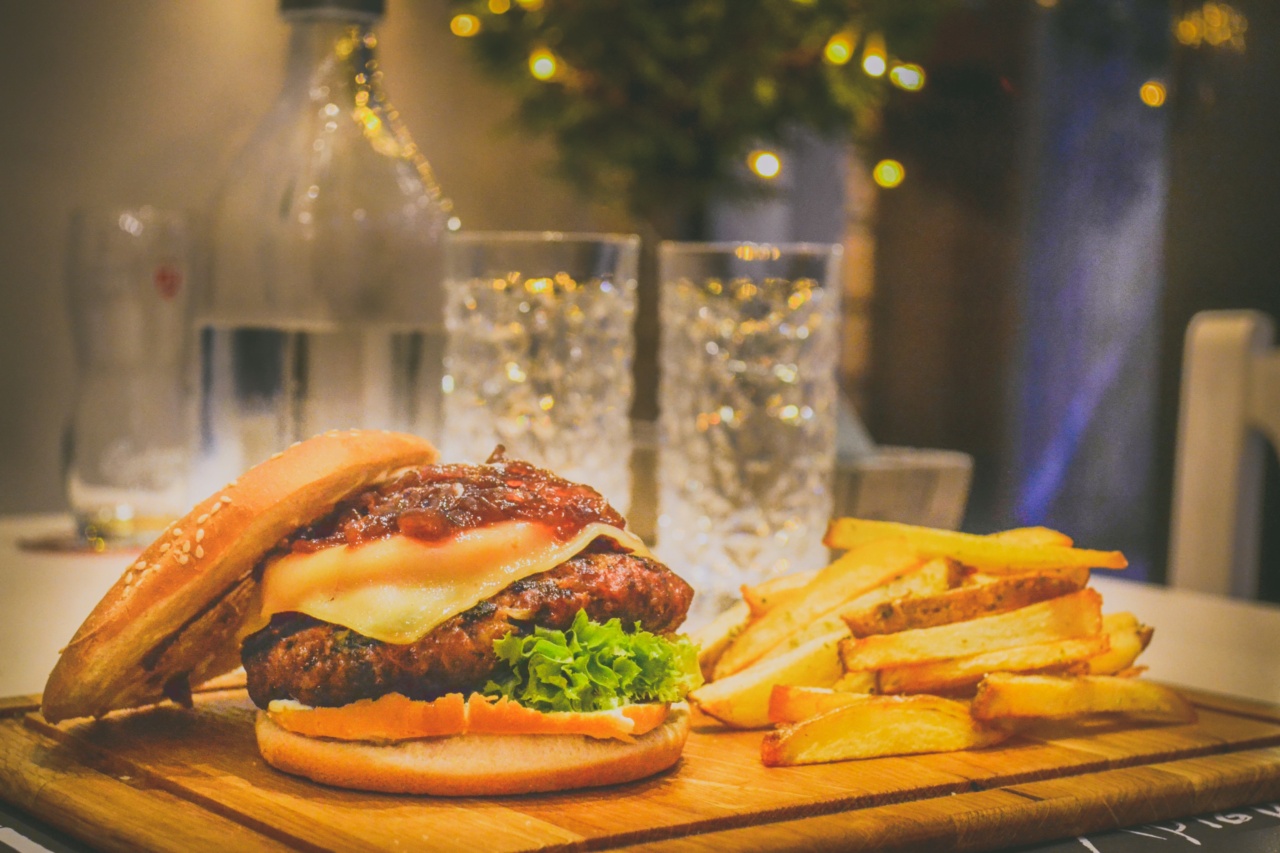Potassium is an essential mineral that plays a vital role in maintaining body fluids, muscle functions, and nerve signals. Potassium-rich foods can help you maintain a healthy balance of electrolytes and promote overall health.
The daily recommended intake of potassium for an average adult is 2,500 to 3,000 mg. However, according to the National Health and Nutrition Examination Survey (NHANES), only 2% of Americans meet the daily recommended intake.
In this ultimate guide, we’ll explore the top potassium-rich foods and how you can increase your daily potassium intake.
What is Potassium and Why is It Important?
Potassium is a mineral and electrolyte that is essential for the proper functioning of your body. It’s involved in many processes, including:.
- Maintaining fluid balance
- Regulating blood pressure
- Supporting muscle contractions and nerve signals
- Promoting heart health
- Reducing the risk of stroke
10 Potassium-rich Foods to Include in Your Diet
Here are the top 10 potassium-rich foods that you can incorporate into your diet:.
1. Bananas
Bananas are an excellent source of potassium, with a medium-sized banana containing around 400 mg of potassium. They’re also a great source of fiber, vitamin C, and vitamin B6.
2. Sweet Potatoes
Sweet potatoes are a nutritious and delicious source of potassium, with a medium-sized sweet potato containing around 540 mg of potassium. They’re also high in fiber and vitamin A, making them a great addition to any meal.
3. Spinach
Spinach is a nutrient-dense leafy green that is packed with potassium, with a cup of cooked spinach containing around 840 mg of potassium.
It’s also high in vitamin A, vitamin K, iron, and calcium, making it a great addition to salads and smoothies.
4. Avocado
Avocado is a healthy fat source that is also rich in potassium, with a medium-sized avocado containing around 700 mg of potassium. They’re also high in fiber, healthy fats, and vitamins C, E, and K.
5. Acorn Squash
Acorn squash is a winter squash that is a great source of potassium, with one cup of cooked acorn squash containing around 900 mg of potassium. It’s also high in vitamin C, vitamin A, and fiber, making it a great addition to soups and stews.
6. White Beans
White beans are a versatile and nutrient-dense legume that is packed with potassium, with one cup of cooked white beans containing around 1000 mg of potassium.
They’re also high in fiber, protein, and iron, making them a great addition to salads and soups.
7. Yogurt
Yogurt is a tasty and nutritious dairy product that is also a great source of potassium, with one cup of plain yogurt containing around 520 mg of potassium.
It’s also high in calcium, vitamin B12, and probiotics, making it a great addition to smoothies and dips.
8. Salmon
Salmon is a delicious and healthy source of omega-3 fatty acids and potassium, with 3 ounces of salmon containing around 400 mg of potassium. It’s also high in protein, vitamin D, and selenium, making it a great addition to any meal.
9. Potatoes
Potatoes are a versatile and affordable source of potassium, with one medium-sized baked potato containing around 925 mg of potassium. They’re also high in vitamin C, vitamin B6, and fiber, making them a great addition to any meal.
10. Dried Apricots
Dried apricots are a tasty and convenient snack that is also rich in potassium, with one cup of dried apricots containing around 1500 mg of potassium.
They’re also high in fiber and antioxidants, making them a great addition to a trail mix or as a standalone snack.
Potassium-rich Foods and Their Calories
Here are some of the potassium-rich foods and their respective calories, based on the USDA nutrient database:.
| Food | Potassium (mg/serving) | Calories (kcal/serving) |
|---|---|---|
| Banana (medium) | 400 | 105 |
| Sweet Potato (medium) | 540 | 103 |
| Spinach (cooked, 1 cup) | 840 | 41 |
| Avocado (medium) | 700 | 250 |
| Acorn Squash (cooked, 1 cup) | 900 | 115 |
| White Beans (cooked, 1 cup) | 1000 | 225 |
| Yogurt (plain, 1 cup) | 520 | 149 |
| Salmon (cooked, 3 oz) | 400 | 155 |
| Potato (medium, baked with skin) | 925 | 161 |
| Dried Apricots (1 cup) | 1500 | 313 |
How to Increase Your Potassium Intake
If you’re not meeting your daily potassium needs, here are some tips to help you increase your potassium intake:.
- Eat a variety of potassium-rich foods throughout the day
- Choose fresh fruits and vegetables over processed foods
- Add potassium-rich ingredients to your meals, such as dried apricots, spinach, or white beans
- Use less sodium in cooking or choose low-sodium options to help balance your electrolytes
- Drink coconut water, which is a naturally high source of potassium
Conclusion
Potassium is an essential mineral that plays a vital role in maintaining body fluids, muscle functions, and nerve signals.
Incorporating potassium-rich foods into your diet can help you maintain a healthy balance of electrolytes and promote overall health. By following the tips and including the foods listed in this ultimate guide, you can increase your daily potassium intake and support your body in achieving optimal health and wellbeing.






























